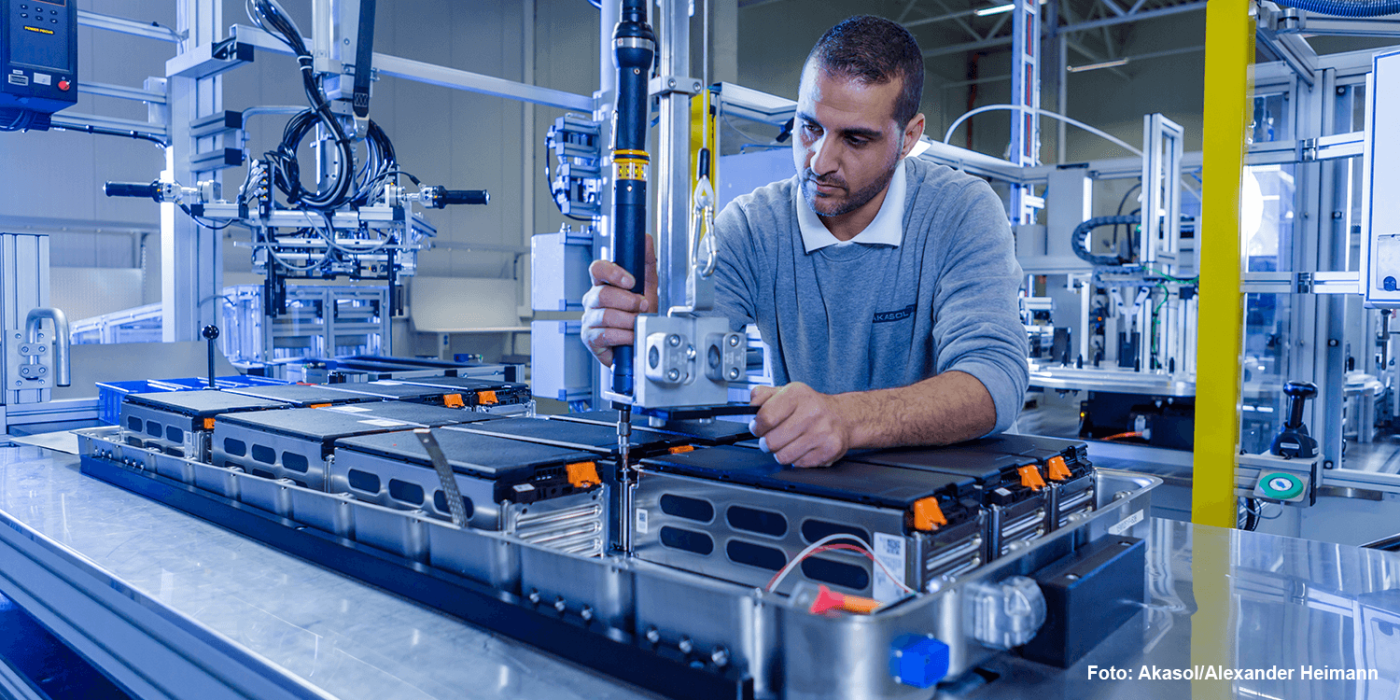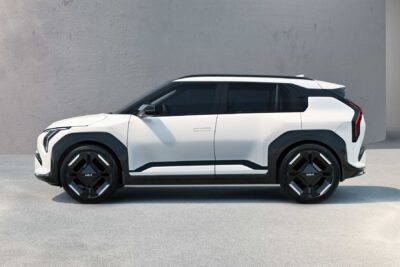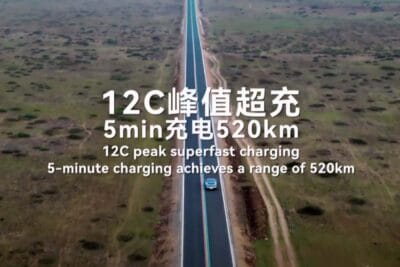Akasol more than doubles turnover in 2019
The battery system manufacturer Akasol increased its turnover by 120 per cent last year. Despite Covid-19, the board of directors is very confident about the future at the digital press conference on financial statements.
The German battery company increased its turnover from 21.6 to 47.6 million euros. Overall, the battery system manufacturer is not yet profitable, with adjusted EBIT at -2.4 million euros. If the one-off effects are not deducted, the minus of 5.3 million euros is even slightly higher.
“All in all, a successful business year,” says Akasol CEO Sven Schulz. “At the same time, we set ourselves more ambitious goals at the beginning of the fiscal year.” The German battery-maker says that the main reason for the negative result was the short-term reduction in the quantities purchased in the fourth quarter by two serial customers, some of which were postponed until the fiscal year 2020.
“We would not be well advised to name concrete targets for margins and sales, the situation is too uncertain for that”, says the CEO. “Based on the adjusted forecasts of our customers, we can say that there are opportunities for significant growth – but also risks, as we are, of course not yet aware of all developments today.” The prerequisite is that the customers’ forecasts are not further revised downwards. Further “massive restrictions” could change developments. But Schulz also sees the current situation as an opportunity to drive forward electromobility. Neither Schulz nor CFO Carsten Bovenschen wanted to say when a forecast for the current year would be possible. So far, the company has been able to do without having to minimise their employes wages with short-time work.
Akasol invested heavily in the expansion of its production capacities last year – among other things, the decision was made to build the new company headquarters including new production facilities (called Gigafactory 1) in the south of Darmstadt, as well as beginning expansion at the Langen site. This expansion was completed in the first quarter of 2020 six months ahead of schedule: the major order from a customer for whom production on the Langen II production line is virtually exclusive was required earlier.
Another investment in growth was the US subsidiary. A US site, including production with a capacity of 200 MWh, is being built in Hazel Park in Michigan. As Bovenschen explains, the local Akasol Inc. was first included in the balance sheet in 2019 – with a paper value of 2.9 million euros. In the entire year, however, a loss of around half a million euros was incurred in the USA.
CEO Schulz hopes to receive further orders from the US subsidiary soon. The first contract for electric city buses has already been won but has not been approved to reveal the name of the customer. The US business is running somewhat differently than in Europe, as Schulz reports in an interview with electrive: “The difference to America is that you want to achieve a great deal of reach.” In other words: the battery charge in buses should last for the whole day. Opportunity charging with rapid charging stations along the route, as it is currently being established in Europe, is “rather rare” and only found in Canada. For the electric trucks, Schulz expects shuttle services over short distances to be electrified for the time being.
Europe remains the largest market
However, the main growth will continue to take place in Europe. At present, these are mainly battery-electric buses in public transport, but later Akasol hopes to be able to open up the much larger market for electric trucks. According to Akasol, the company is not only interested in battery-electric vehicles, but also sees an opportunity for further electrification in the fuel cell. “They also need a battery system for every hydrogen drive”, says Schulz.
Currently, Akasol offers two systems that can be used in FCEVs, one each with pouch and prismatic cells. According to Schulz, one of the types can already be built on a series production line, and the other one is still handmade. Besides, a third system, which uses round cells, should soon be on the market. The first orders for the FCEV batteries have already been received from Alstom for fuel cell trains, and from a “Korean commercial vehicle manufacturer for a project in Switzerland” – it sounds likely that the Hyundai project is meant here.
The total order backlog, which Schulz describes as “100 per cent contractually secured”, amounts to two billion euros by 2027. Depending on the customer, 20 to 30 per cent has been deducted due to economic uncertainties to achieve a more conservative presentation.
Planned production capacity already quadrupled
The company plans to invest a total of 84 million euros in the expansion of its four sites in Langen, Weiterstadt and Darmstadt (all in the German state of Hesse) and Hazel Park by 2023. At the time of the IPO in 2018, the company was still planning with a production capacity of one GWh, but according to the current state of affairs, the target is 4.3 GWh by 2022/2023. Schulz is already indicating that the expansion will continue: “If further orders come in, we will certainly not be able to get by with the 4.3 GWh.
Schulz has high hopes for the third generation of the Akasol battery system, which is scheduled to go into series production in mid-2021. The system is still under development, but the overall aim is to increase flexibility. In addition to the existing cell types, the focus is also on round cells which, according to Schulz, can be adapted “very modular and scalable” within the framework of the new model architecture.
A further change accompanies the third generation: the modules will be larger, but fewer modules will be installed in a battery pack. At the same time, Akasol wants to take a different approach to CATL, who has wholly dispensed with modules in the cell-to-pack technology. “This sounds good at first, but very large battery cells directly in the pack increase the dependency on defects, make thermal management more difficult and are also a potential safety risk,” says Schulz. “We see the small round cells, which are integrated into large modules, as having a clear advantage here.
But growth is not only financed by equity. Last year, Akasol AG took out several loans, and the equity ratio fell from 88 to “solid” (Bovenschen quote) 63 per cent. While the company does not intend to increase its capital, further loans are possible. “If growth makes it necessary, we will implement further measures”, says Bovenschen.
Another business segment may be added to the range of battery modules for electric buses, electric trucks and other electric vehicles: Akasol has also developed the battery modules for the flexible, rapid charging stations designed by VW Komponenten, which, as reported, are currently being tested in Wolfsburg and are to be marketed later together with E.ON. “This is an interesting product that can not only accelerate the expansion of the charging infrastructure but also offers an interesting option for second life use,” says Schulz.
With reporting by Sebastian Schaal, Germany





0 Comments